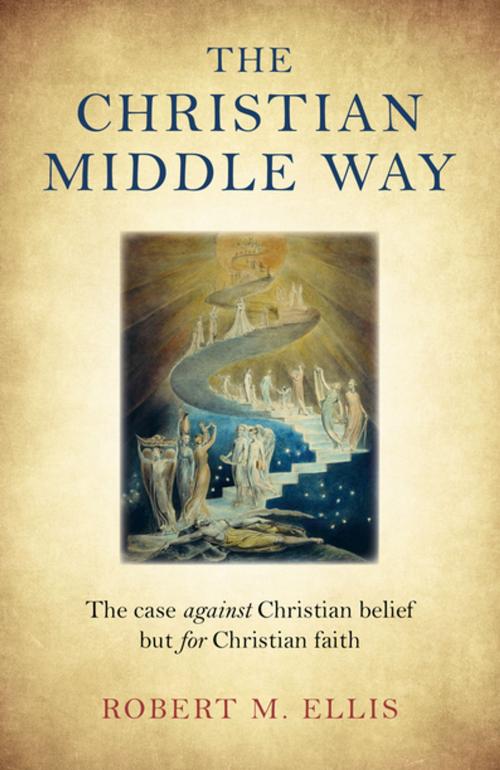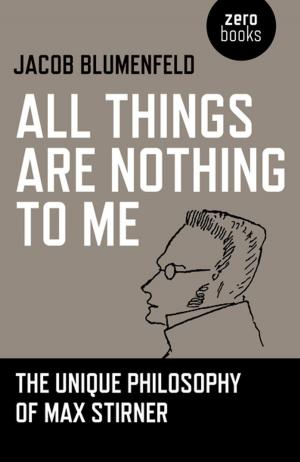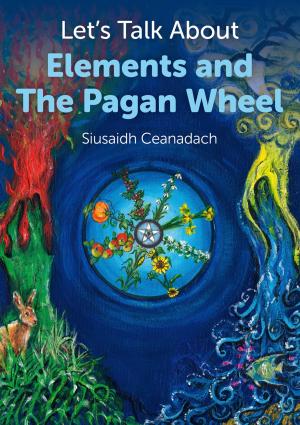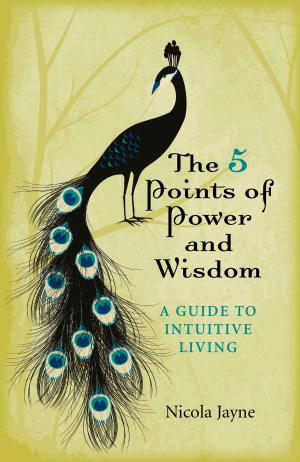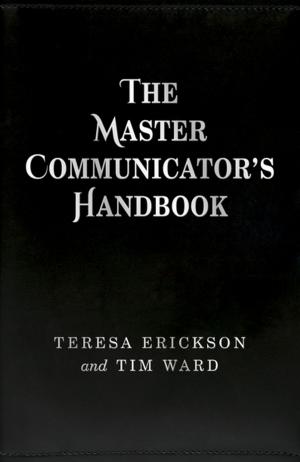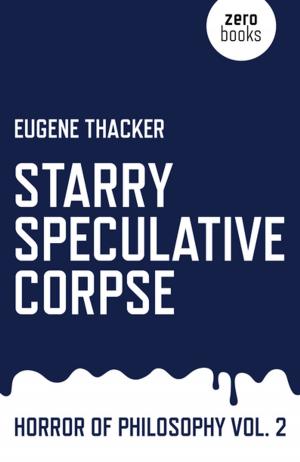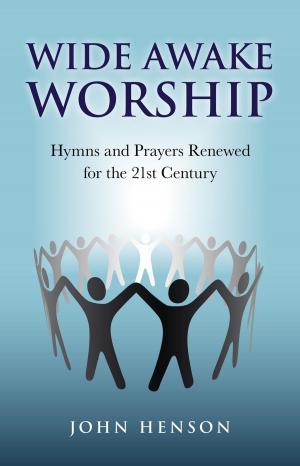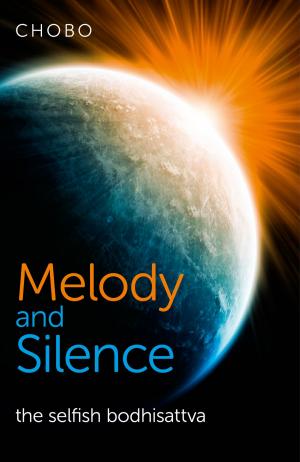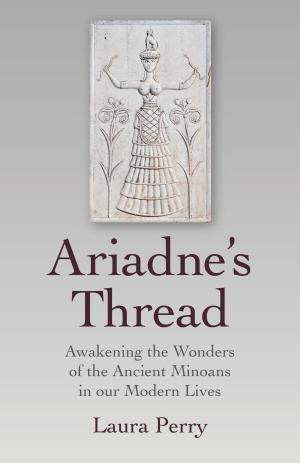The Christian Middle Way
The Case Against Christian Belief But For Christian Faith
Nonfiction, Religion & Spirituality, Other Practices, Agnosticism, Christianity, General Christianity, Theology| Author: | Robert M. Ellis | ISBN: | 9781785357572 |
| Publisher: | John Hunt Publishing | Publication: | July 27, 2018 |
| Imprint: | Christian Alternative | Language: | English |
| Author: | Robert M. Ellis |
| ISBN: | 9781785357572 |
| Publisher: | John Hunt Publishing |
| Publication: | July 27, 2018 |
| Imprint: | Christian Alternative |
| Language: | English |
The Middle Way is the practical principle of avoiding both positive and negative absolutes, so as to develop provisional beliefs accessible to experience. Although inspired initially by the Buddha’s Middle Way, in Middle Way Philosophy Robert M. Ellis has developed it as a critical universalism: a way of separating the helpful from the unhelpful elements of any tradition. In this book, the Middle Way is applied to the Christian tradition in order to argue for a meaningful and positive interpretation of it, without the absolute beliefs that many assume to be essential to Christianity. Faith as an embodied, provisional confidence is distinguished from dogmatic belief. Recent developments in embodied meaning, brain lateralization from neuroscience, Jungian archetypes and the Jungian model of psychological integration are drawn on to support an account of how Christian faith is not only possible without ‘belief’ in God or Christ, but indeed puts us in a better position to access inspiration, moral purpose, responsibility and the basis of peace.
The Middle Way is the practical principle of avoiding both positive and negative absolutes, so as to develop provisional beliefs accessible to experience. Although inspired initially by the Buddha’s Middle Way, in Middle Way Philosophy Robert M. Ellis has developed it as a critical universalism: a way of separating the helpful from the unhelpful elements of any tradition. In this book, the Middle Way is applied to the Christian tradition in order to argue for a meaningful and positive interpretation of it, without the absolute beliefs that many assume to be essential to Christianity. Faith as an embodied, provisional confidence is distinguished from dogmatic belief. Recent developments in embodied meaning, brain lateralization from neuroscience, Jungian archetypes and the Jungian model of psychological integration are drawn on to support an account of how Christian faith is not only possible without ‘belief’ in God or Christ, but indeed puts us in a better position to access inspiration, moral purpose, responsibility and the basis of peace.
